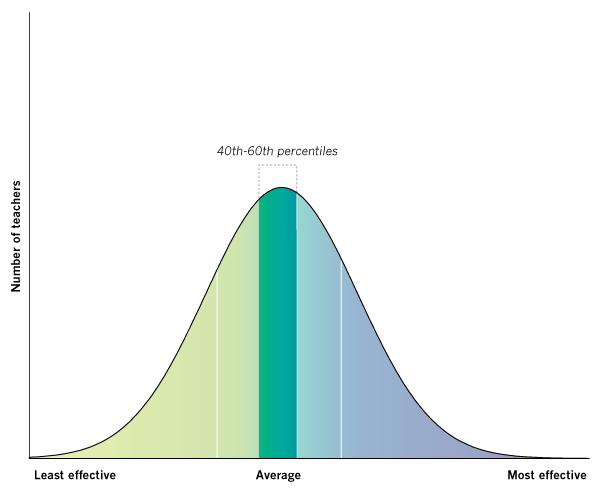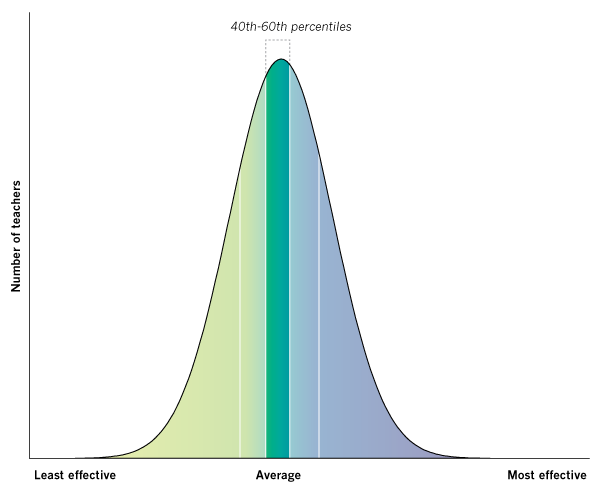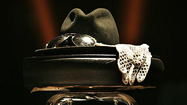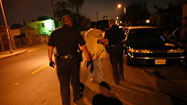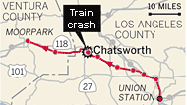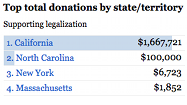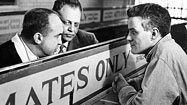Robert Clyde Schlueter
A 3rd grade teacher at Lockwood Avenue Elementary in 2009
These graphs show a teacher's "value-added" rating based on his or her students' progress on the California Standards Tests in math and English. The Times’ analysis used all valid student scores available for this teacher from the 2002-03 through 2008-09 academic years. The value-added scores reflect a teacher's effectiveness at raising standardized test scores and, as such, capture only one aspect of a teacher's work.
Compared with other Los Angeles Unified teachers on the value-added measure of test score improvement, Schlueter ranked:
- Average overall.
- Average in math. Students of teachers in this category, on average, did not gain or lose significantly on the California Standards Test compared with other students at their grade level.
- Average in English. Students of teachers in this category, on average, did not gain or lose significantly on the California Standards Test compared with other students at their grade level.
Schlueter's LAUSD teaching history
2002-03 through 2008-09 academic years
- Lockwood Avenue Elementary, 2009 - 2004
- Ramona Elementary, 2004 - 2003
Robert Schlueter's Response:

A statistical approach is a great idea if you think of children as numbers. This "value-added" approach is an "estimate" of a child's FUTURE performance that is compared to their TEST SCORES. If someone can predict a child's future, then why can't they use that info to put in place the means to help each child excel in school?
This is a corporate productivity model used to determine if sales are what they should be for products sold. Children are not products and the corporate world knows nothing of education. If a teacher is ranked as "Less effective", what then? In the corporate world strategies are devised to alter the product or the marketing of that product. Snorkels and scuba masks are probably not big sellers in Arizona. Would a company rate its sales staff poorly for not selling mass quantities of snorkels and masks in Arizona? And then threaten to fire them or reduce their pay?Shall we change out our students, or get rid of thousands of teachers that struggle to give our children the best opportunity for a productive future that they can?
So really, what do we do with this information? I know I'm a better teacher than my rating indicates. I try to teach the whole child. I teach life skills and go beyond the standard curriculum. Will that make my students better test takers? No, clearly, by this assessment, it does not. But does it enhance their intelligence and promote citizenship and forward thinking? Yes, I know it does. Will they be better prepared for middle school, high school, and college? Yes, I'm sure of it. Will my student participate in our society as productive citizens? I am giving them the best that I have, and that is more than standard test preparation and any statistical analysis can show.
![]() The Times gave LAUSD elementary school teachers rated in this database the opportunity to preview their value-added evaluations and publicly respond. Some issues raised by teachers may be addressed in the FAQ. Teachers who have not commented may do so by contacting The Times.
The Times gave LAUSD elementary school teachers rated in this database the opportunity to preview their value-added evaluations and publicly respond. Some issues raised by teachers may be addressed in the FAQ. Teachers who have not commented may do so by contacting The Times.
|
|
 Delicious
Delicious
|
 Digg
Digg
|
 Facebook
Facebook
|
 Twitter
Twitter
|



